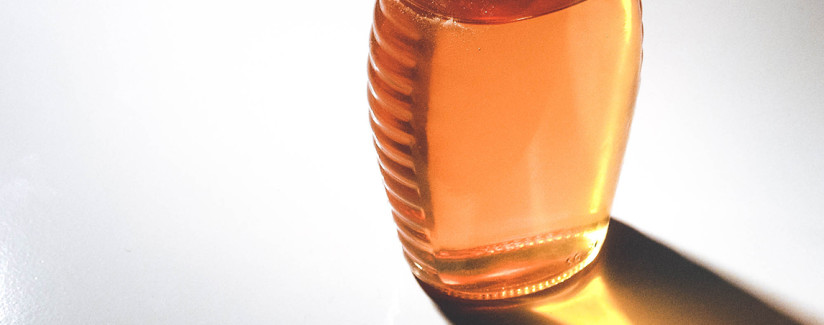
Can a Spoonful of Honey Keep the Allergies Away?
Allergy season is upon us and with an estimated 50 million Americans affected, you probably are or know someone who suffers from what is often called hay fever. Those of us who suffer from seasonal allergies probably spend a lot of time looking for cures and wondering if anything can help prevent allergies. One of the more popular preventative measures people have adopted is taking local honey with hopes that its pollen content will help build one’s immunity – but does this really work? To help us answer this question, we reached out to Steve L. Taylor, PhD, Professor of Food Science and Technology and Co-Founder and Co-Director of the Food Allergy Research and Resource Program at the University of Nebraska – Lincoln.
Unfiltered honey can contain pollens, types and amounts of which vary depending on what flowers are visited by the bees, Dr. Taylor said. While it has been suggested that eating such honey might serve as a low-dose form of immunotherapy to treat pollen allergies, the pollen exposure from honey is not quantitatively consistent. Because of this, Dr. Taylor believes that clinical results from a trial would also be inconsistent.
Dr. Taylor warns that there are some risks to this practice, as honey allergy can occur due to its various components. Filtered honey is more widely consumed and does not possess the same risks, but it also does not have the potentially protective pollens found in unfiltered honey.
There is some evidence that honey might be therapeutic for pollen allergies, but honey is not known to be a preventative approach. People are not born with allergies but develop them over time with exposure to certain foods and environments, with younger infants having a greater chance of developing food allergies because foods are novel to the immune system at that time.
So if honey can’t help, what will? The American College of Allergy, Asthma and Immunology’s recommended treatments are:
- Avoidance
- Eliminating or decreasing exposure to the irritants or allergens that trigger your symptoms
- Medication
- Immunotherapy (helps reduce symptoms in about 85 percent of people)
It’s best to consult your doctor on which method is best for you!


























